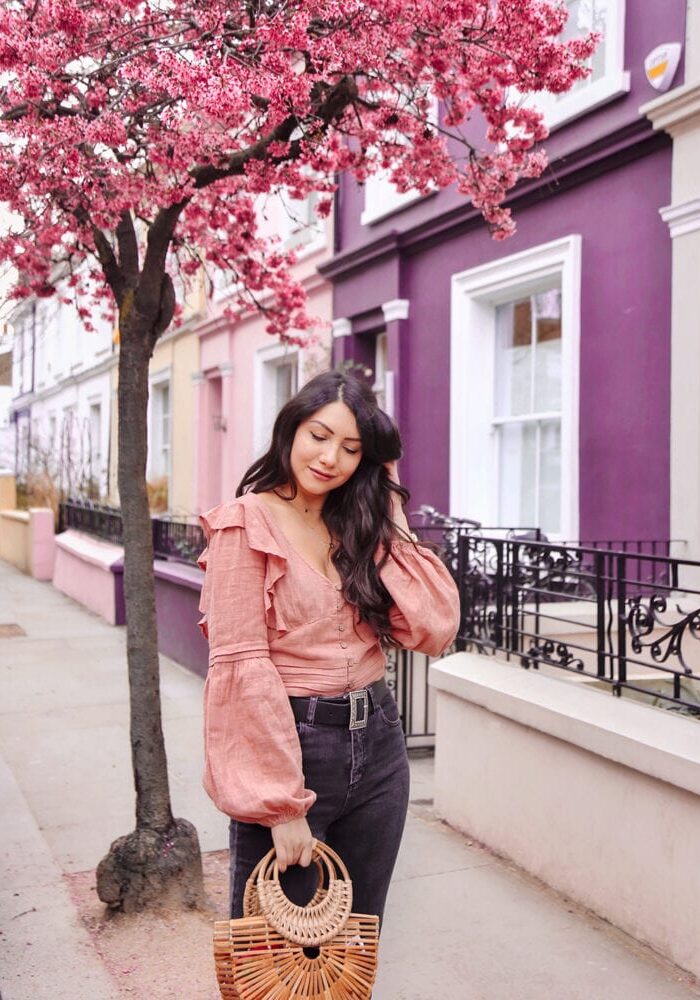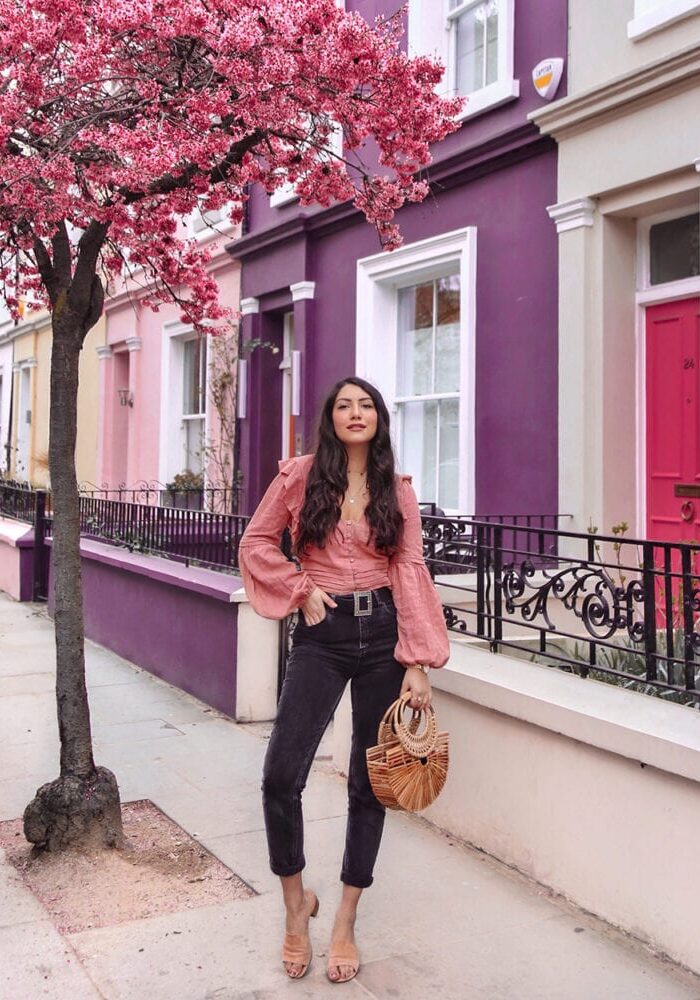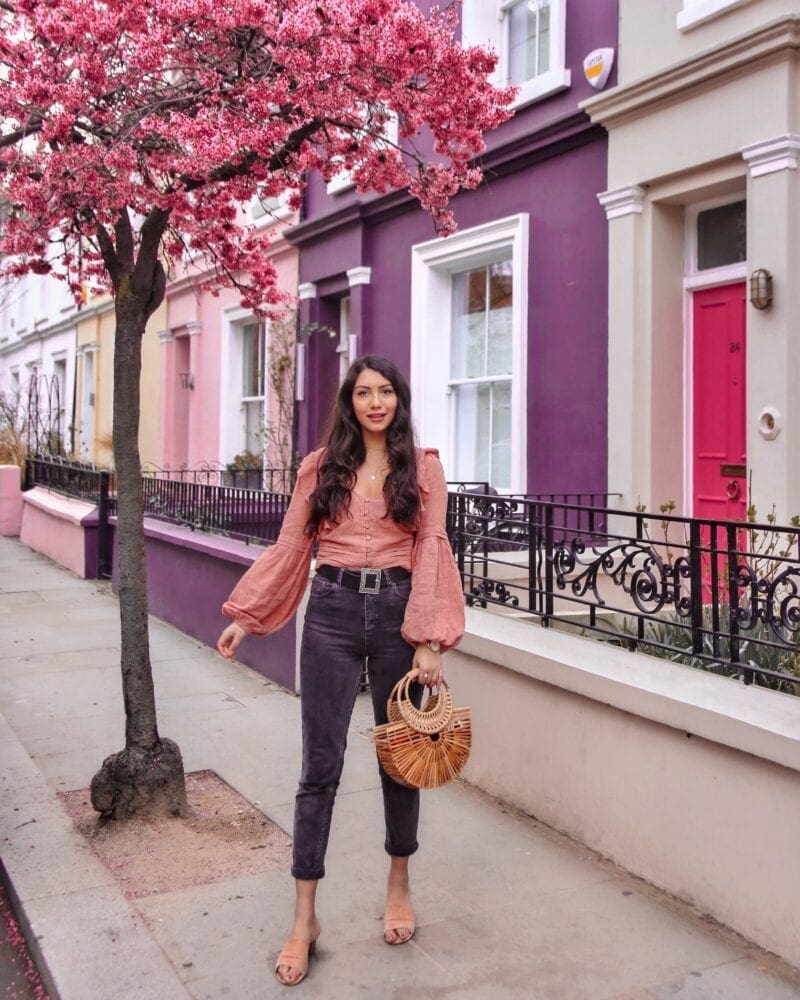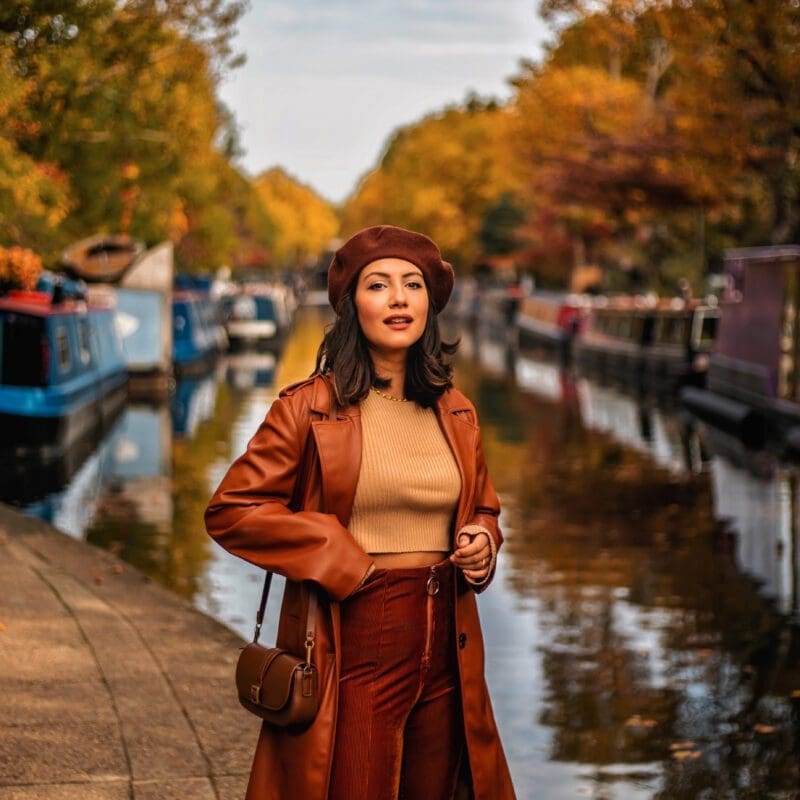

From the early days of sharing personal style on blogspot.com to the front row at Fashion Week and million dollar sponsorship contracts, the influencer industry has grown in leaps and bounds over a relatively short space of time. Largely unregulated, entrepreneurial instagrammers made up the rules as they went along, paving the way for what is now a competitive and thriving business. Brands are assigning more and more budget that would have traditionally been spent on magazine advertising to influencer marketing, and with an increasing number of brand campaign platforms it is easier than ever to make a living out of content creation.
However, as something that started as a fairly small bubble, derided by traditional journalists and press (the 'professionals') and ignored by the wider public, has grown into the popular and potentially lucrative business it is today, more and more people are taking notice. Unfortunately, the attention is not all positive.
The term 'influencer' has never had a great rep, conjuring images of reality TV stars flogging teeth-whitening products and detox teas with Facetuned selfies. However, thanks to a number of negative incidents recently, from the debacle of Fyre Festival to issues with declaring sponsored content, the word is positively dirty.
Personally, when people ask me what I do, my answer ranges from 'Social Media Content Creator' to 'Digital Publisher' and multiple adaptions thereof. Honestly, I shy from the term influencer, and according to a BBC article on the subject, I'm not the only one. Outside the Instagram sphere, the word 'influencer' is at best met with confusion, at worst with contempt. People rarely understand it, assume my life's work amounts to a handful of selfies, or refuse to accept it as a genuine career. I've been asked if I'm still doing 'that Instagram thing', and when I'm going to get a 'proper job'. Yet as my content has improved, my following has grown, and my brand deals have increased, I've felt more confident to label myself as an influencer. Yes, I make my money advertising products. Maybe I do influence people. Working for an ad agency, or selling ad space in a magazine doesn't have a bad rep: why should it when transplanted into the digital sphere?
However, as an industry we can't ignore the negativity, because collectively we have brought a lot of it upon ourselves. There's a perceived lack of transparency because of failure to declare sponsorship deals, which alongside the overdone flogging of product has led to a sense of consumer mistrust. The resulting Advertising Standards Authority guidelines are arguably too strict (do we really need to disclose something as an AD just because we went to an event hosted by a tagged brand a year ago...?), but it feels like an understandable reaction to an industry that has lacked any sort of regulation for so long. I still see so much content that is obviously sponsored (largely in the USA, which seems to be more relaxed on influencer marketing) but which lacks any sort of disclosure. As someone who works in the industry, it's easy enough to detect product placement, but can the average consumer tell?
There have also been investigations into influencers 'fraud'. A recent Medium article (deleted soon after) 'exposed' a lengthy list of both big and smaller influencers for so-called cheating by using bots and the follow/unfollow method to grow their following. Whilst it sent shockwaves around the influencer community, for those who've been in this industry for years like myself, it was far from surprising. The follow/unfollow tactic (following accounts so they follow you back, then unfollowing) was the norm for so many now major names on Instagram, who had inflated following numbers of 1000s. It's easy enough to spot - if they're following a bunch of Middle Eastern men, or liking pre-teen heavily filtered selfies, they're probably using bots. Yet so many of them have managed to create hugely loyal followings and attract major brand deals off that initial growth.
From stories about botched brand campaigns to articles blaming influencers and wider social media use for mental health problems, 2019 has so far felt like a constant barrage of negativity and anti-influencer sentiment. Even taking photos on the street, people seem that little bit less friendly, cafes and shop fronts that little bit less willing to let you snap away. I've seen malicious anti-influencer post captions and comments, calling out wannabes and poking fun at those of us who take pictures in popular Instagram locations. That is perhaps the most disheartening yet, when the negativity comes from within the community.

Yet the industry continues to boom - personally I'm being offered more work than I ever have before. It may have its flaws (plenty of them), but Instagram is where advertising is at in 2019. If I buy clothes, I've probably seen someone wearing something similar on Instagram. Whilst I used to religiously scour the catwalks and pages of Vogue for inspiration, now it's all readily accessible online. I plan my holidays off gorgeously edited shots of exotic locations regrammed by accounts like Dame Traveler, and visit restaurants and bars in London that have been featured by the many wonderful London inspiration accounts I follow. Yes, Instagram influence can have a negative impact (ahem, Fyre Festival), but it's also incredibly democratic, personally curated, and useful.
So for now, we'll have to wait for the storm to blow over. But in the end, hopefully, content will prevail. And if people stop promoting skinny teas, all the better.


I love this article. So thoughtful and well written – I completely agree that the backlash to influencers is mostly unfair. Whilst it’s true that there are some influencers doing unethical things like buying bots, I also think that people need to remember it’s a completely new industry and the people working in it are literally trying things out as they go along (which is what most industries tend to do at the beginning, no…?). Either way, keep doing what you’re doing girl!
Excellent article. You didn’t mention that content creating on Instagram is not a piece of cake. To create high quality content requires skills and talent in photography, editing, styling, and presentation including the creation of a seamless flow of pictures which only work creatively when the colours, themes, postures and textures, all fit together like artwork.
The hazzles of bad weather and lighting, changing outfits in alleyway, and spending extortionate amount of money on fancy food and drink just for a picture, are no laughing matter. When there is a deadline and its raining every day, it feels bleak. The stress levels can be high while all that the viewer sees is a pretty picture.
Instagrammers descending on floral London or tracking down pretty painted houses are contributing to the local economy. Time people respect those who are genuinely working.
I used to try and have a lovely curated Instagram page, but I honestly can’t be bothered. It frustrates me so much when I put loads of effort into it only to get no results. Instead I’m leaving my Instagram page for an insight into my life and what I’m up to and I have to say, I’m really enjoying it.
xoxo
Jess
The Crown Wings | UK Travel & Lifestyle Blog
This was such a good read! I really don’t like the term influencer, particularly because of its connotations with teeth whitening and the love island lot. I’m really intrigued to see how advertising/Instagram evolves over the next few years… Who knows what will be happening this time next year
Becca / becc4